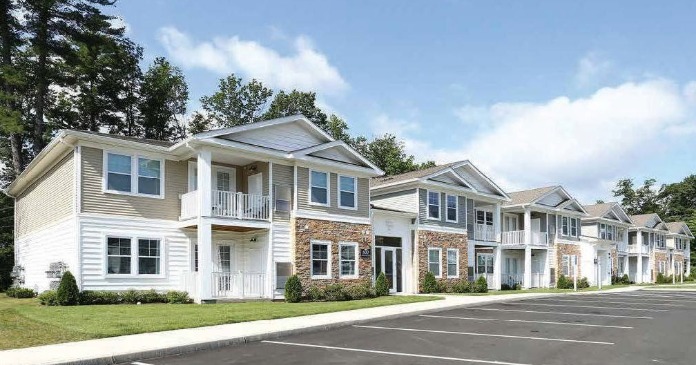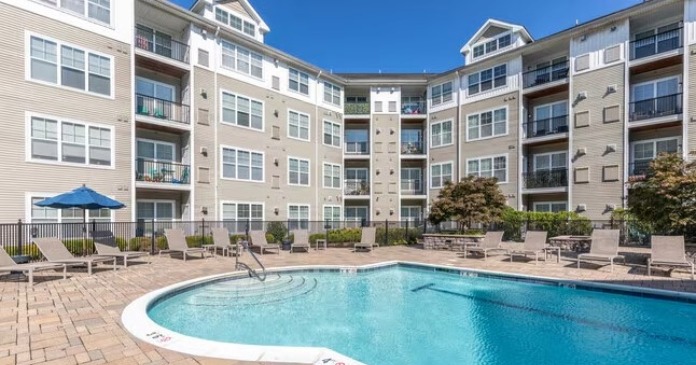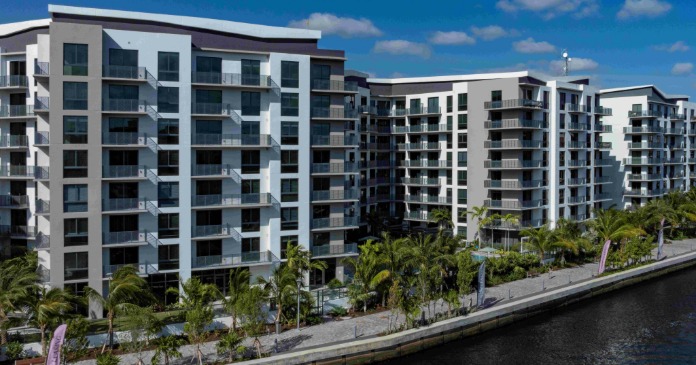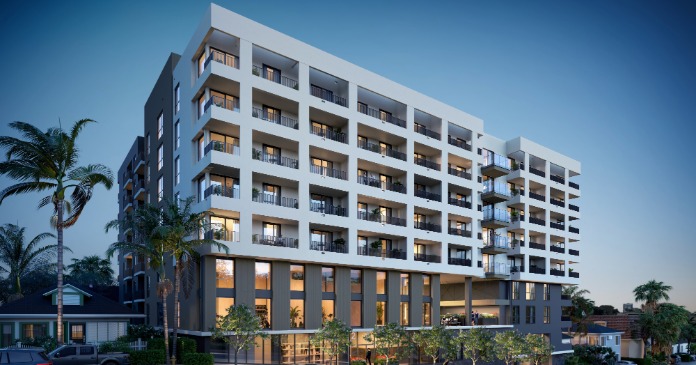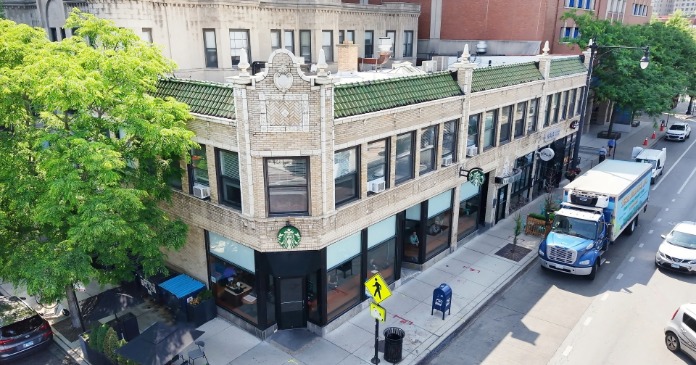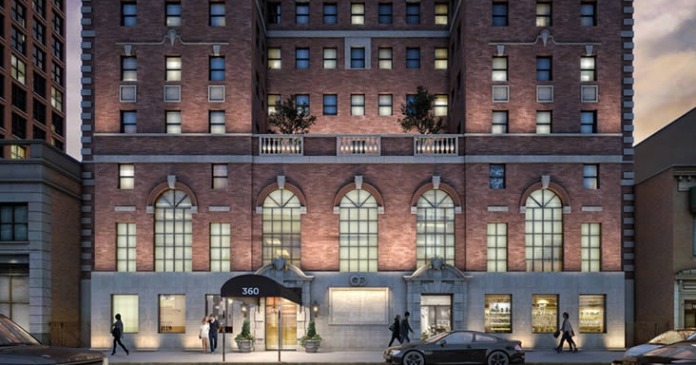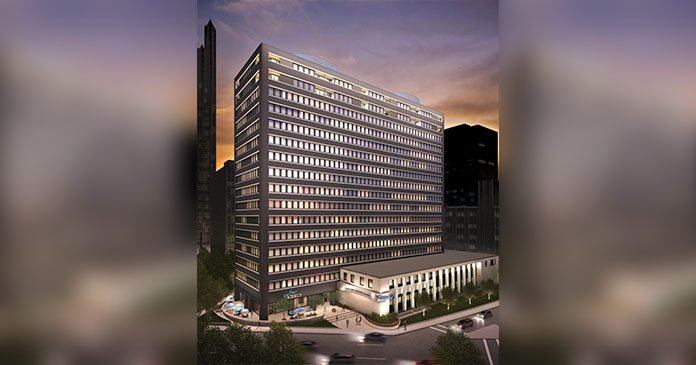
In April, local developer Millcraft Industries of Washington, Pa., will begin renting units in a 16-story former state office building that is undergoing a $45 million conversion.
When completed in September, the 218 apartments in the renamed River Vue complex will fetch average monthly rents of about $1,650 and offer views of the Ohio and Monongahela rivers.
Another developer, PMC Property Group Inc. of Philadelphia, last year began leasing some 158 rental units carved out of a nearby 12-story former office property previously occupied by Verizon Communications.
The projects join a flurry of new retail, residential and office development and investment activity that has made Pittsburgh the envy of other Rust Belt cities. The city’s Market Square has turned into a European-style plaza, and PNC Financial Services Group Inc. is planning to break ground on a 33-story office tower in April. The city’s downtown residential population has doubled to 7,200 since 2000, according to the Pittsburgh Downtown Partnership.
The conversions also reflect a national trend: Rental apartments are performing better than office space. Demand for apartments is strong thanks largely to the continuing troubles in the single family homeownership market. Meanwhile, jobs aren’t being added fast enough in most parts of the country to absorb the glut of office space left over from the downturn.
Pittsburgh’s office market is outperforming those in many other U.S. office markets. Still, its apartment sector is doing better, with rents expected to rise over 3 percent this year compared with a 1.4 percent increase in office rents, according to Reis Inc. More office-to-apartment conversions are expected to continue adding residents to the area. “It’s still much more expensive to build than to convert,” says Jeremy Waldrup, president of the Pittsburgh Downtown Partnership.
Developers have been converting office space to apartments for decades in some cities, often to deal with excess office space. In downtown Manhattan, the trend gained steam following the real-estate collapse of the early 1990s.
Boston developer Harold Brown’s Hamilton Co. began converting a 40,000-square-foot office building near the site former Filene’s flagship department store into an apartment property after the building’s vacancy rose to about 15 percent.
Brown, who is one of the area’s largest apartment landlords with about 5,000 units, estimates it will cost him about $200,000 a unit to convert the building, about half what it would cost to develop new apartment buildings.
Pittsburgh’s newest office-to-apartment conversion is spearheaded by Millcraft, a company with a history of adapting to new economic realities. The family-owned business was founded in the 1950s as a servicer of steelmaking equipment, but diversified into real estate in the late 1970s.
Millcraft initially started building suburban office and mixed-use industrial parks but began developing condominiums and mixed-use projects in Pittsburgh in more recent years. It currently owns about 750,000 square feet of office, two hotels, nearly 300 apartment units and 120,000 square feet of retail.
Millcraft paid the state $4.6 million in 2009 for the office building and then began weighing its options for the empty tower: keep it as office or turn it into a hotel or apartments. As the lodging industry’s outlook darkened, the company ruled out hotels.
The company projected it would get $21-a-square-foot rents for residential annually, but only $19.50 a square foot for office. Also, the building’s long and narrow shape lent itself to a layout that would yield sunny apartments, says Lucas Piatt, Millcraft COO.
But the case for converting to apartments was sealed when Millcraft was able to cut a deal with Red Capital Group of Columbus, Ohio, for a government-backed mortgage, according to Piatt. Last summer, Millcraft received a $39 million loan, backed by the Federal Housing Administration, with a 40-year term and no personal guarantees.
A conventional bank loan for an apartment project likely would have offered only about $31 million of the $45 million with as short as a 10-year-term, and the company likely would have had to pony up a personal guarantee.
“The numbers worked out better,” Piatt says.
Author: Maura Webber Sadovi, wsj.com



